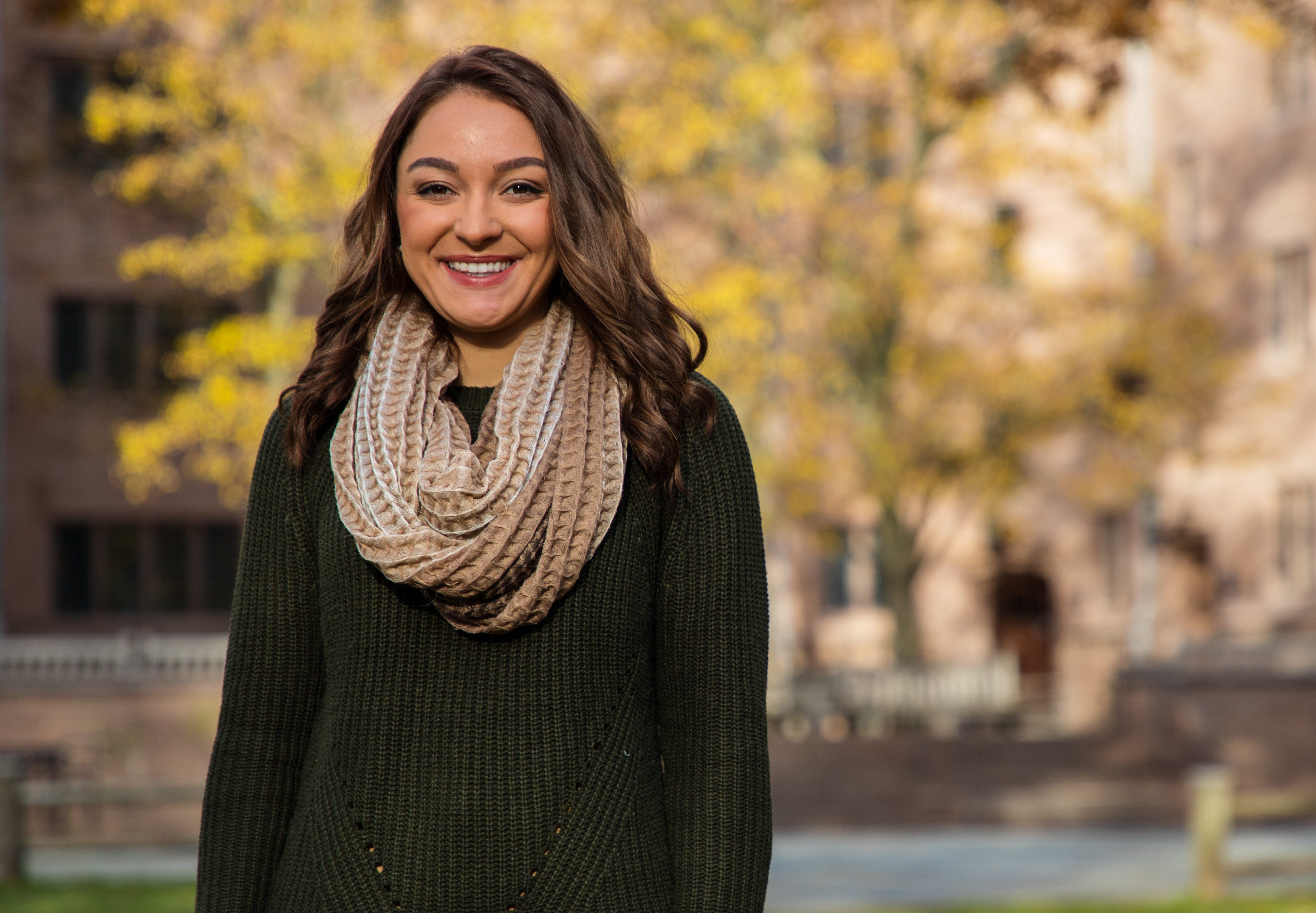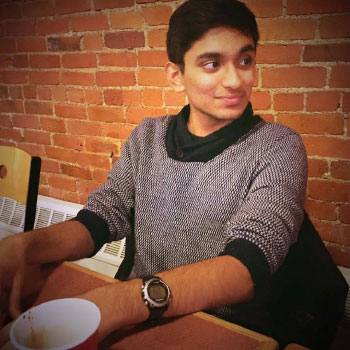Lauren LaMonica is an efficient worker, but you have to be with a schedule like hers. The Yale senior is the founder of Homeless Hope, an online resource that connects homeless in New Haven with essential social services; she is an active member in a number of student-run councils related to public and global health, and she is the co-president of the student-run organization “A Leg Even,” a group that provides assistance to first-generation and lower-income freshmen at her university.
In addition, LaMonica is also an avid STEM major and has used her background to help facilitate access to healthcare for lower-income communities. At the core of her activism is an essential belief that providing opportunities to the less fortunate will always benefit the community at large.
“I remember filling out college applications with both of my parents. Neither of them attended college. They tried to help as much as they were able, but my father, who couldn’t spell the word ‘college,’ just sat next to the stack of papers and felt pretty hopeless that he couldn’t offer the same resources that the parents of my peers, who were doctors, lawyers and professors, could provide. It was really during the college-application process that I could see all the challenges I would be facing as a first-generation college student.”
“I didn’t really know what to expect my freshman year at Yale. I’m in a STEM field, so the first time I walked into class, I found that many of my classmates were already in far more advanced positions on day one of Math Models in the Biosciences or BIO 101: Biochemistry and Biophysics. At that moment, I realized how many first-generation and low-income students might already have been at a day-one disadvantage on their STEM path.”
“My academic advisor suggested that I reach out to an organization called ‘A Leg Even,’ which she said was designed to help integrate first-gen and low-income students both academically and professionally. I didn’t really have a ‘campus family’ that I could identify with, so I was excited to finally find a community focused on the challenges I’d faced during my first two years. I also realized that the community was a lot larger than what I’d initially assumed.”
“I first became involved in the academic and tutoring sector because most first-gen and low-income students don’t have adequate or individual academic support. We wanted to reduce the stigma surrounding tutoring and academic support, and in asking for support among deans and heads of college concerning financial resources or even how to go about purchasing winter clothing and textbooks.”
“Our freshman cohort is the most important aspect of A Leg Even, though. They’re an incredible group of about twenty to thirty students each year who lead discussions about the struggles first-year, first-gen and low-income student face in the transition from high school to Yale. A particularly valuable piece is our mentorship component because it allows first-gen and low-income students to share their advice for navigating an elite institution.”
“I have always been drawn to STEM because of the challenge, but I’ve found that my interdisciplinary coursework has allowed me to ask questions not only as they apply at the molecular level, but also on a broader population level—raising questions about access to care, quality of treatment and disparities among vulnerable populations.”
“After hearing stories directly from homeless and transient individuals living on the New Haven Green, it’s been made really clear to me that we need to leverage not only institutional, but also non-institutional resources, and ones expanding to basic medical care, legal assistance and daily tasks that we don’t often think about.”
“I’m expanding an organization I founded a few years ago, called HomelessHope.net, which is a resource directory designed to facilitate connections between social workers and homeless individuals to local shelters, food pantries and services. I’m working with Yale students now to create a mobile app called HomeBridge and a resource booklet to more effectively serve the New Haven community.”
“We’ve always adopted a mission of inclusivity, rather than fostering the environment of exclusivity that our political climate and discussions of class have created. It has provided me with an even greater desire to reach out to first-year students, especially as the current class profile reveals that there’s a much larger population that A Leg Even and Yale have yet to reach.”
“I’ve witnessed the resilience within our community. I’m confident that we can ultimately rally around our powerful first-gen family.”

















